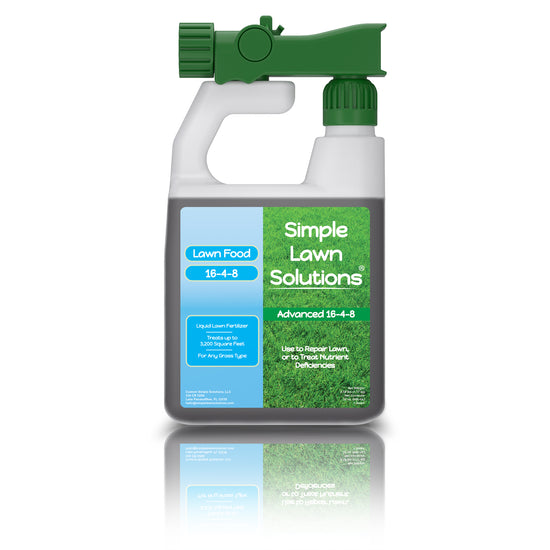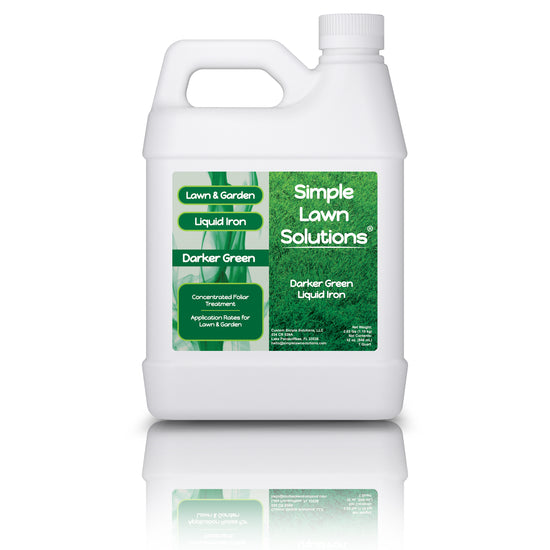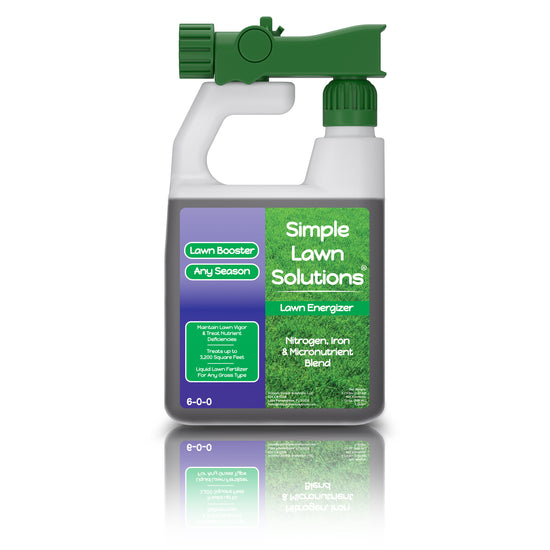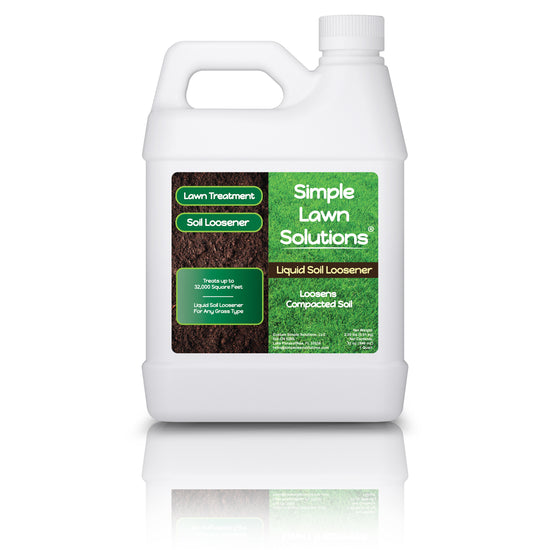It is easy to achieve joy in gardening. In addition to the positive environmental impact, your mental and emotional health will improve with the simple addition of a vegetable garden to your life. Gardening sprinkles extra amounts of vitamin D and exercise into your routine, both of which elevate your mood.
A vegetable garden is an excellent motivator for better health. The addition of fresh air in your lungs and fresh vegetables on your dinner plate are an instant mood booster. Additionally, your garden will save bees by providing them with the opportunity to pollinate the plants.
It is hard to come up with a reason not to plant a vegetable garden. A garden planted in the right location kept close to a water source and mindful of the amount of sun it will be exposed to during the day will be the highlight of your season and the star of your dinner parties. Your neighbors will envy the health and vitality of the plants in your vegetable garden.
Like humans adding a little joy to their day with gardening, vegetable gardens benefit from adding a sprinkle of micronutrients. Macronutrients (Nitrogen – Phosphorus – Potassium) are often well-known and the more prominent supplements considered when tending to a garden. However, it is the subtle balance of micronutrients that keeps a vegetable garden flourishing.
We want to begin with the end in mind. How do we get started in a way that ensures our garden has the micronutrients it needs? It is simpler than you think, so stay tuned for our best gardening tips.
Preparing for a Vegetable Garden

If this is your first vegetable garden, you may have a few questions about getting started. If you are an expert gardening professional, you may enjoy a few gardening tips on the basics. Novice or seasoned, we can all appreciate a lesson in vegetable garden nutrients.
Firstly, what are micronutrients? Micronutrients often called “trace elements,” are naturally occurring in soil but used in lesser amounts by plants than the macronutrients we are more familiar with. They can be a subtle but vital part of the gardening process.
The next question we might consider is when do we prepare our garden? While the seasons may vary in different areas, the following is a basic guide to follow, considering the last frost in your area to determine the start of spring.
When to Prepare Your Garden
- Spring – lettuce, greens, radishes, peas, carrots, broccoli
- Summer – tomatoes, peppers, eggplant, herbs
- Fall – potatoes, kale, cabbage
How to Prepare Your Garden for Vegetable Plants
Once you have decided what you want to plant, it is important to prepare the soil. Most soil has naturally occurring nutrients, but you will want to be sure of the balance and if your plants will be receiving enough nutrition to be successful. Many of us are not blessed with perfect soil, so with a little extra effort, yours will be plant-friendly.
- Sandy soils are usually nutrient-poor. Sands have a low capacity to retain nutrients. Composed primarily of sand particles and pieces of rock, sandy soils have large air pockets, allowing water to drain quickly and take vital nutrients with it. Sands have a low capacity to retain nutrients. You can easily improve sandy soil by working in well-rotted manure or finished compost to build up the soil and create a structure that can stick together and hold water.

- Clay soil contains clay particles that are small and flat, staying compact and sticky when wet. Clay easily becomes waterlogged and will hold water. By working organic matter into the first few inches of the clay, aeration is improved, and plants can better utilize the nutrients they absorb from the soil.
- Silty soil contains small pieces of weathered rock and provides very dense space and poor drainage. Silty soil tends to be more fertile than sandy soil or clay and can be improved by working organic matter into the first inch of the soil. It is best to avoid walking on the garden bed to avoid unnecessarily compacting the soil.
If you are not sure of the soil quality of the space you have designated for your garden, there is always the option of a raised garden. A raised garden can be created with the exact vegetable garden nutrients you will need for a thriving garden. Whether you have a full lawn, balcony, small patio, or front stoop, the best gardening tip is to use a raised garden.
When to Add Vegetable Garden Micronutrients

Vegetable plants are excellent communicators. You do not have to be an experienced farmer or even have a green thumb to see what your vegetable garden needs. The plants will tell you what vegetable garden nutrients they need by their appearance.
What to Look for in Vegetable Plants
- yellowed leaves on old growth may indicate a nitrogen deficiency
- yellow-edged leaves on old growth may indicate a magnesium deficiency
- misshaped new leaves may indicate a calcium deficiency
- light green leaves (not dark green) may indicate a nitrogen deficiency
- no flowering/dropped flowers may indicate a lack of phosphorus
An invaluable gardening tip when adding vegetable garden nutrients – start low and go slow! If you identify a deficiency, take care to add nutrients slowly and in a way that the plants can absorb.
How to Add Micronutrients to the Soil

Synthetic or chemical fertilizers are the most common vehicle for bringing nutrients to plants quickly. They are made up of nitrates, sulfates, and phosphates and are available in granular, powdered, and liquid forms. An easy fix for adding vegetable garden nutrients, chemical fertilizers can also cause harm to the environment, if not managed properly.
Natural options require a little more patience to see the effects but can be far friendlier to Mother Earth. Organic matter is not a fertilizer, nor is it a quick fix, but it comes in liquid, granular, powdered, or “bulk” raw forms. Natural materials for adding micronutrients to your vegetable garden include:
Natural Materials for Vegetable Garden Nutrients
- compost
- compost tea
- mulch
- worm castings
- wood ash
- lime
Compost

Results from converting food and plant waste into nutrients and valuable fertilizer that can enrich the soil. Compost can be made with leaves, kitchen scraps, and other natural materials to bring additional nutrients to garden soil.
Mulch
Not exclusively organic, but it is applied to the top of the soil to improve the fertility and health of the soil.
Materials Included in Mulch
- dead leaves
- hay
- straw
- grass clippings
- pine needles
Worm castings
An organic form of fertilizer originating from earthworms. Worm castings are also called vermicast and are essentially worm waste. As worms eat through the compost, their waste creates a soil optimizer that increases soil aeration and drainage while increasing water retention.
Wood ash

Not as complicated as it sounds. It is the ash that results from wood fires, so your campfire or fireplace creates an effective source of nutrients for your vegetable garden. So, the next time you are enjoying s’mores, remember you are creating a garden-boosting fertilizer for your vegetable garden, and enjoy every bite!
Organic Vegetable Garden Nutrients
In addition to chemical and natural micronutrients, there are also organic vegetable garden nutrients that can be added to the soil to create the perfect growth opportunity for your garden. These organic supplements are gentler on the environment but can be slow to act.
Organic Supplements for Your Vegetable Garden
- fish emulsion
- bone meal
- blood meal
- manure or guano
- biofertilizers
- cover crops
Fish emulsion
A natural byproduct of fisheries. This creates a higher content of nitrogen than potassium or phosphorus.
Bone meal

Also a byproduct and contains a higher content of phosphorus and nitrogen, which is helpful in bulb, root, and transplant development.
Blood meal
A byproduct that comes in a dried or powdered form, great for improving nitrogen deficiencies. Blood meal has soil acidifying properties, helpful in dropping the pH of basic soils.
Manure or guano
Sourced from various animal sources such as chickens, rabbits, sheep, cattle, horses, pigs, worms, or bats.
Biofertilizers
Made of natural soil nutrients, specifically nitrogen, that boost natural levels of nutrients in the soil around the roots.
Cover crops

Typically start as seed cover and are temporarily cultivated to boost the presence of soil bacteria or act as green manure to increase nutrient levels in your garden.
Whether you choose chemical or organic fertilizers, your vegetable garden will benefit from the addition of micronutrients and create an environment where your plants can flourish. The best gardening tip is to pay attention to what your plants are telling you. Your garden is the most reliable source for indicating which vegetable garden nutrients are needed.
Benefits of Micronutrients to a Vegetable Garden
When used in the right amounts at the right time, vegetable garden nutrients can make all the difference in a successful crop. Micronutrients not only help the plants grow and produce the crops you desire, but they also help fend off pests and diseases.
The overall health of your plants demonstrates the effectiveness of your efforts and encourages you to continue to seek the benefits of a vegetable garden.
What Role Do the Micronutrients Play in Plants?

Each macro-and micronutrient plays a specific role in the life cycle of a plant. The nutrients support a particular area of growth and development for the plant and are responsible for its success.
We have identified macronutrients as nitrogen, phosphorus, and potassium; the need for micronutrients has been identified. The vegetable garden nutrients that are necessary have been mentioned many times, but what exactly are they?
Micronutrients Needed in Successful Gardens

- Boron is important for creating new plant cells. It creates higher reproductive growth and helps with pollination, fruit, and seed development.
- Zinc helps plants create chlorophyll. It converts starches to sugars and helps the plant defend against cold temperatures. Leaves discolor when the soil is deficient, and plant growth is stunted.
- Manganese is important in plant growth and development. It is also vital in pollen germination and pollen tube growth.
- Iron helps the plant move oxygen through its system. It lends its support to photosynthesis and respiration.
- Copper is key in facilitating photosynthesis, respiration, and plant metabolism. It is an essential element for plant growth.
- Molybdenum is essential in turning nitrate into nitrite and then into ammonia used to synthesize amino acids in the plant.
- Chlorine in the right amounts is beneficial to plants however can be toxic in higher doses, becoming like poison to the plant. Too much chlorine can result in overall reduced plant growth.
Whether you are a seasoned vegetable garden enthusiast or a novice planter, being a successful gardener is a matter of utilizing the best possible materials in your garden. With a basic understanding of macronutrients and micronutrients and how they benefit your plants, you will have a strong foundation for the best vegetable garden in the neighborhood.
Understanding the vegetable garden micronutrients for your plants’ needs can be the key to your success. The simplest gardening tips will tell you that you should love your garden, just not too much! Trust your plants to tell you what they need and then take care to give it in the right amounts.
There are many vegetable garden nutrients and supplements to make your garden a success. Be sure to procure your garden fertilizers and composts through a verifiable quality purveyor. The quality of your micronutrients will make all the difference in your vegetable garden and will not only make your vegetables the star of your dinner table but the talk of your whole neighborhood!












1 comment
What quantity should be used, when in powder form, for different plants, including fruit plants